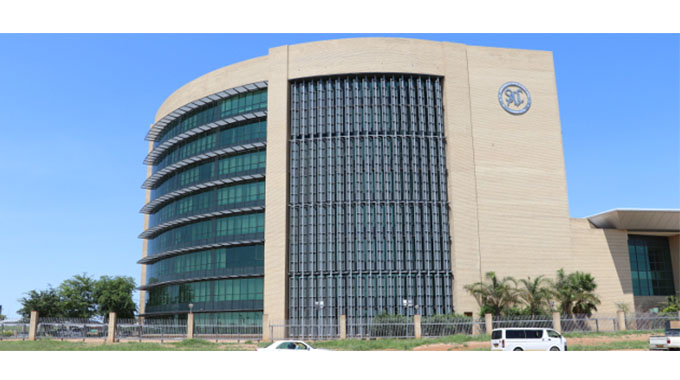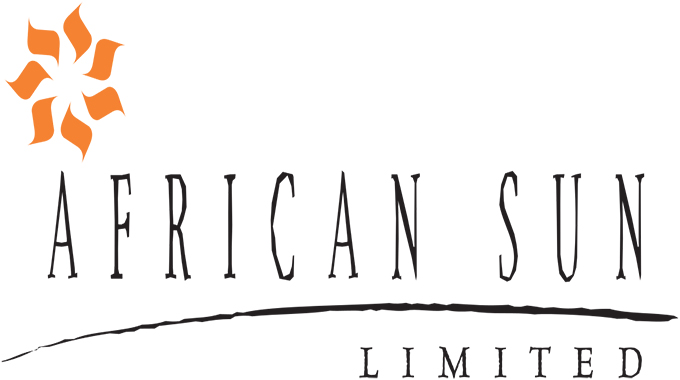Zimbabwe, Sadc peers receive industrialisation support

Prosper Ndlovu, Business Editor
ZIMBABWE is among the selected regional states within Southern Africa to benefit from the Support to Industrialisation and Productive Sectors Programme (SIPS), which has awarded three grants to stakeholders in the leather, medical and pharmaceutical value chains.
The grants were awarded to three stakeholders, namely Solidaridad, Namibia Institute of Pathology Limited and Chemical Process Technologies Pharma Pty (Ltd) at the recent 6th Southern African Development Community (Sadc) Industrialisation Week in Kinshasa, DRC.
The SIPS programme is one of the key interventions towards facilitating realisation of the Sadc Regional Indicative Strategic Development Plan 2020-2030 (RISDP), which prioritises industrial development and market integration and places industrialisation at the Centre of the regional integration agenda.

Ambassador Joseph Nourrice
In a post-launch media update, Sadc said the grants unveiling was witnessed by the DRC Minister of Industry, Mr Julien Paluku Kahongya, Sadc Deputy Executive Secretary for Corporate Affairs, Ambassador Joseph Nourrice and Dr Khutula Sibanda, Director of Industrial Development and Trade at Sadc who symbolically handed the cheques to the private sector enterprises.
In his remarks Minister Kahongya said developing grants to respond to Covid-19 pandemic is a critical endeavour at a time when the region needs enhanced services.
He noted that the programme demonstrates relevance to emerging issues such as Covid-19 through grants toward industrialisation and regional integration.

Sadc Industrialisation Strategy and Roadmap 2063
Kahongya commended Solidaridad, Namibia Institute of Pathology Limited and Chemical Process Technologies Pharma Pty (Ltd) for their achievement and wished them well in the implementation of their projects, which aligns with the Sadc Industrialisation Strategy and Roadmap 2063.
Dr Sibanda said the grants will foster regional cooperation and strengthen regional linkages, specifically in the leather and pharmaceutical value chains.
He said this will be achieved by investing in knowledge and technological uptake, ensuring that the regional industry is competitive and takes advantage of the existing opportunities of the regional market.
Solidaridad received a grant for US$500 000 for the leather value chain aimed at promoting green innovative solutions in the leather sector in Tanzania and Zimbabwe.
Zimbabwe launched the scheme in Bulawayo a few weeks back at a function that was attended by industry players and senior Government officials.
The intervention seeks to create market linkages for leather products at a domestic, regional and international level.
Solidaridad is an international civil society organization with more thanr 50 years of experience in developing solutions to make communities more resilient and create more sustainable supply chains.

Sadc
In the medical and pharmaceutical value chain, Sadc said two grants of EUR103 127 and EUR194 650 were awarded to Chemical Process Technologies (CPT) Pharma from South Africa and the Namibia Institute of Pathology Limited (NIP) from Namibia respectively to ramp up the production of high-quality products related to Covid-19 clinical management in the Sadc region.
South African-based Chemical Process Technologies Pty (Ltd) received a grant of EUR 102 654 to work on the development, implementation and validation of a manufacturing process for Molnupiravir (MOL) in a cGMP pilot plant.
Molnupiravir is a medicine for the treatment of non-severe Covid-19 patients with the highest risk of hospitalisation. These are typically people who have not received a Covid-19 vaccination, older people, people with immune-deficiencies and people living with chronic diseases.
According to the report, the Namibia Institute of Pathology Limited received a grant of EUR194 650 to focus on the local manufacturing of Covid-19 specimen collection tubes to address the shortage of laboratory consumables in the Southern African market since the beginning of the pandemic.
The SIPS programme is co-funded by the European Commission and the German Federal Ministry for Economic Cooperation and Development (BMZ) and implemented by the Sadc Secretariat and the Deutsche Gesellschaft für Internationale Zusammenarbeit (GIZ) GmbH.








Comments